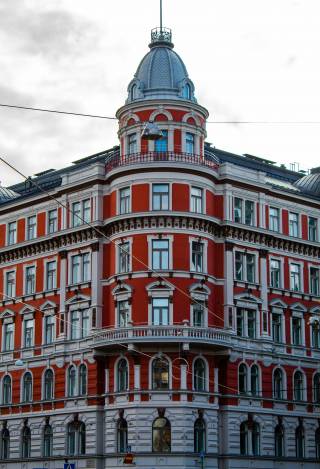Being born and raised in the United Kingdom and living there for the first 23 years of my life, I got very familiar with the ways of the culture there for good and bad. It was only when moving to live else where where I could reflect on some of the negative aspects of society. One being the lower level of interpersonal trust compared to some other societies, notably Finland.
In the UK, individuals often find themselves navigating a social landscape where people tend to prioritise personal interests, resulting in a culture that can be perceived as more individualistic. This wasn’t something I had an issue with when living there but once seeing how other cutures operate it started to make me think. Why was the act of extending kindness to strangers met with suspicion, and that the default expectation is often that individuals will look out for their own well-being.
This lack of interpersonal trust can manifest in various aspects of daily life. For instance, leaving personal belongings unattended in public spaces like a coffee shop may evoke a sense of unease, as the belief is that others are less likely to prioritise the security of somone else possessions.
 even notice anything outside of their personal bubble. Similarly, in business interactions, a degree of skepticism exists, with individuals being cautious about the intentions of those they encounter. This skepticism happens even in phone conversations, where there is often a lingering doubt about the authenticity of the person on the other end, even in professional contexts such as sales.
even notice anything outside of their personal bubble. Similarly, in business interactions, a degree of skepticism exists, with individuals being cautious about the intentions of those they encounter. This skepticism happens even in phone conversations, where there is often a lingering doubt about the authenticity of the person on the other end, even in professional contexts such as sales.
In contrast, Finland stands out as a society where interpersonal trust is deeply ingrained in the cultural fabric. Trust is often extended to strangers without reservation, creating an environment where people feel safer. Whether in business dealings or casual interactions, there is a fundamental assumption of honesty and reliability that Finns pride themself on.
This stark contrast in the levels of interpersonal trust between the UK and Finland offers a fascinating lens through which to explore the societal values that shape these behaviours and perceptions. This ideology starts to go into the strong social identity of being Finnish, a lot of Finns are often proud of being Finnish, their history and their place in the world. Alternatively, as a Brit I share non of these feeling.





Comments